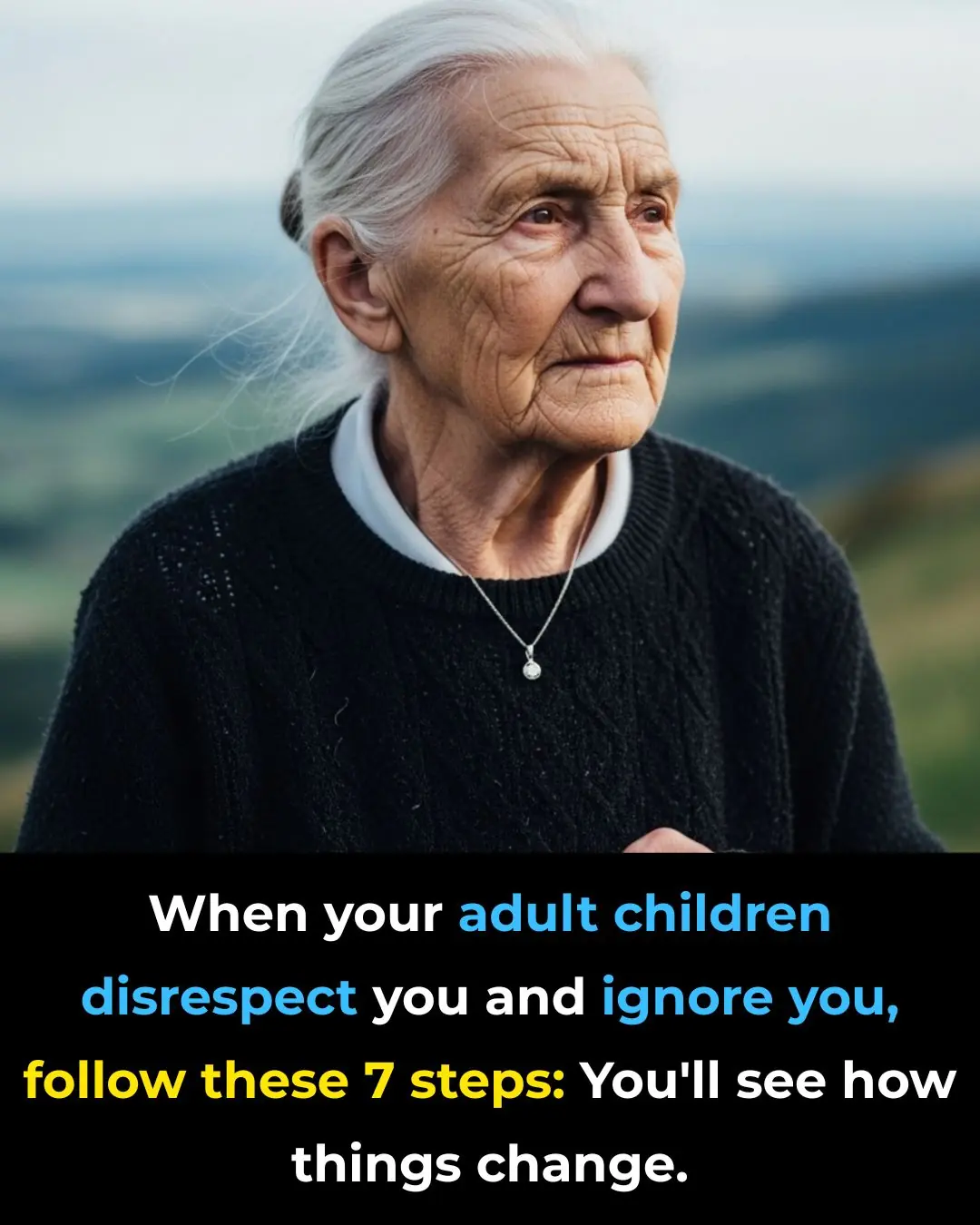
5 Most Common Deathbed Regrets, According to Palliative Care Nurse

In the stillness of their final hours — when the noise of daily life fades and the weight of mortality settles in — many people experience a profound moment of clarity. As death approaches, the human mind often turns inward, sifting through decades of memories, decisions, relationships, and missed opportunities. It is in these quiet, vulnerable moments that the truth about what really matters in life often surfaces.
One woman who bore witness to these final reflections is Bronnie Ware, a palliative care nurse whose career placed her at the bedsides of countless individuals in their final days. As a caregiver and confidante, she provided more than medical support — she offered presence, compassion, and a listening ear.
Ware’s experiences are chronicled in her international bestseller, “The Top Five Regrets of the Dying: A Life Transformed by the Dearly Departing.” The book reveals the most common regrets expressed by those nearing death, capturing the essence of what it truly means to live with intention, authenticity, and heart.
🌿 1. “I wish I hadn’t worked so hard.”
The cost of overworking and the moments missed.
Among the most frequent regrets voiced by the dying was the realization that they had spent too much of their lives working — chasing careers, money, or success — while neglecting their families, health, and personal happiness.
Many men, in particular, spoke of lost time with their children and partners. Their long hours at the office came at the expense of the relationships that once brought them joy. The pursuit of professional achievement, though often culturally celebrated, had robbed them of life's simplest and most meaningful pleasures.
Lesson: Work may provide stability and purpose, but it should never overshadow what makes life worth living — love, connection, rest, and joy. It's not about working harder but living fuller.
🎭 2. “I wish I had lived a life true to myself, not the life others expected of me.”
The quiet tragedy of unfulfilled dreams.
This regret speaks directly to the struggle for authenticity. Too many people spend their lives trying to meet the expectations of others — parents, partners, society — suppressing their own passions, desires, and dreams in the process.
Ware recalled how patients spoke of dreams long buried: careers never pursued, passions never followed, words never spoken. They had spent decades living lives shaped by fear of judgment, cultural pressure, or a need for approval, only to realize too late that the only approval that truly mattered was their own.
Lesson: Living authentically may feel risky, but dying with regret is the greater loss. Embrace your unique path — your voice, your art, your truth — and live it boldly.
👥 3. “I wish I had stayed in touch with my friends.”
Neglected relationships and the ache of distance.
In the busyness of adult life, friendships often fall by the wayside. Work, family obligations, and geography can make it easy to lose contact, even with people who once meant everything.
On their deathbeds, Ware's patients spoke fondly of old friends — and with sorrow for having let those relationships slip away. The memories of shared laughter, support, and belonging lingered, often accompanied by regret for not having made the effort to reconnect sooner.
Lesson: Relationships require nurturing. Don’t wait for the perfect time to call, text, or visit. Rekindle old connections. True friendship is one of life's deepest sources of joy.
💔 4. “I wish I had expressed my feelings.”
The pain of silence and the freedom of emotional honesty.
Many people go through life concealing their true emotions — out of fear, pride, or a desire to keep the peace. They suppress anger, avoid difficult conversations, and guard their hearts, believing it safer not to feel too deeply or speak too honestly.
But on their deathbeds, the cost of emotional suppression becomes painfully clear. Ware’s patients spoke of unresolved conflicts, unspoken love, and bottled-up grief. The emotional walls they had built to protect themselves had, in the end, left them isolated.
Lesson: Vulnerability is not weakness. Expressing your emotions — whether joy, sorrow, love, or pain — leads to healing, connection, and inner peace.
🌞 5. “I wish I had let myself be happier.”
The overlooked choice of joy.
This final regret may seem surprising — but it's perhaps the most universal. People often realize, too late, that happiness was a choice they could have made all along.
Many lived with a belief that happiness would come after something: after success, after marriage, after retirement. They deferred joy, waiting for permission to be content. Yet at life’s end, they understood that happiness had always been available — in small, everyday moments, in gratitude, in letting go of perfectionism and embracing the present.
Lesson: Don’t postpone happiness. Laugh more. Take the trip. Dance in your kitchen. Let go of the things that don’t serve you. Life is too short to be lived on autopilot.
🌺 Living Without Regret: A Gentle Wake-Up Call
Bronnie Ware’s work is not just a compilation of final thoughts — it’s a call to wake up to life before it’s too late. The dying offer us something more precious than money or status: clarity. They remind us of what really matters when all else fades.
These five regrets are not indictments — they’re invitations.
To reflect.
To realign.
To begin again.
Whether you’re 25 or 75, there’s still time to shift course. There’s still time to:
-
Love more openly
-
Work with purpose, not obsession
-
Reconnect with those who matter
-
Speak your truth
-
Choose joy every single day
Because when the curtain falls, we won’t wish we’d spent more time at the office. We’ll wish we had lived more fully, loved more deeply, and dared more bravely.
🕊️ “It is not death that we should fear, but never beginning to live.” — Marcus Aurelius
News in the same category


Robert F. Kennedy is Reportedly Pushing to Ban All Sodas & Candy From U.S. Food Stamp Benefits. Thoughts?

Donald Trump Asks Supporters To Donate $15 To ‘Get Him To Heaven’

Why Are Mirrors Commonly Installed in Elevators? The Unexpected Benefits of Elevator Mirrors

9 things you should never plug into a power strip

The Spiritual Meaning of Black Butterflies Entering Your Home Revealed
Black butterflies carry meanings that are as complex as they are beautiful.

Add This Simple Ingredient to Your Mop Water and Keep Floors Shiny for Weeks
You don’t need fancy, high-priced cleaners to enjoy spotless, long-lasting results.

The Secret Use of the Tiny Hole in a Safety Pin Finally Revealed
That tiny hole in a safety pin is more than just decoration—it’s a brilliant example of how even the simplest tools can hold hidden design secrets. W

Unbelievable amount Trump’s net worth has risen since taking office for second term
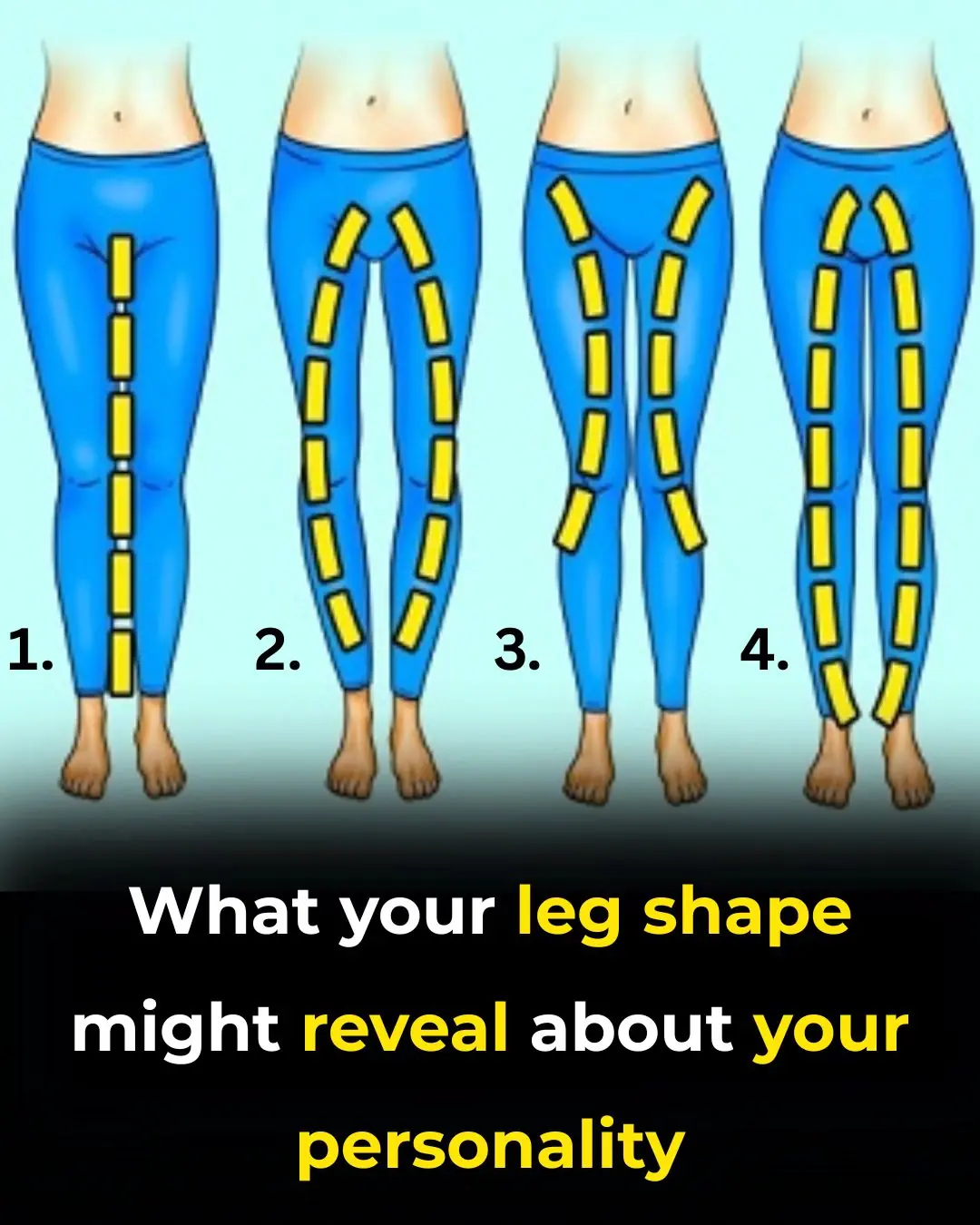
What the Shape of Your Legs Might Say About Your Personality

Weird Toothed Part on Kitchen Scissors
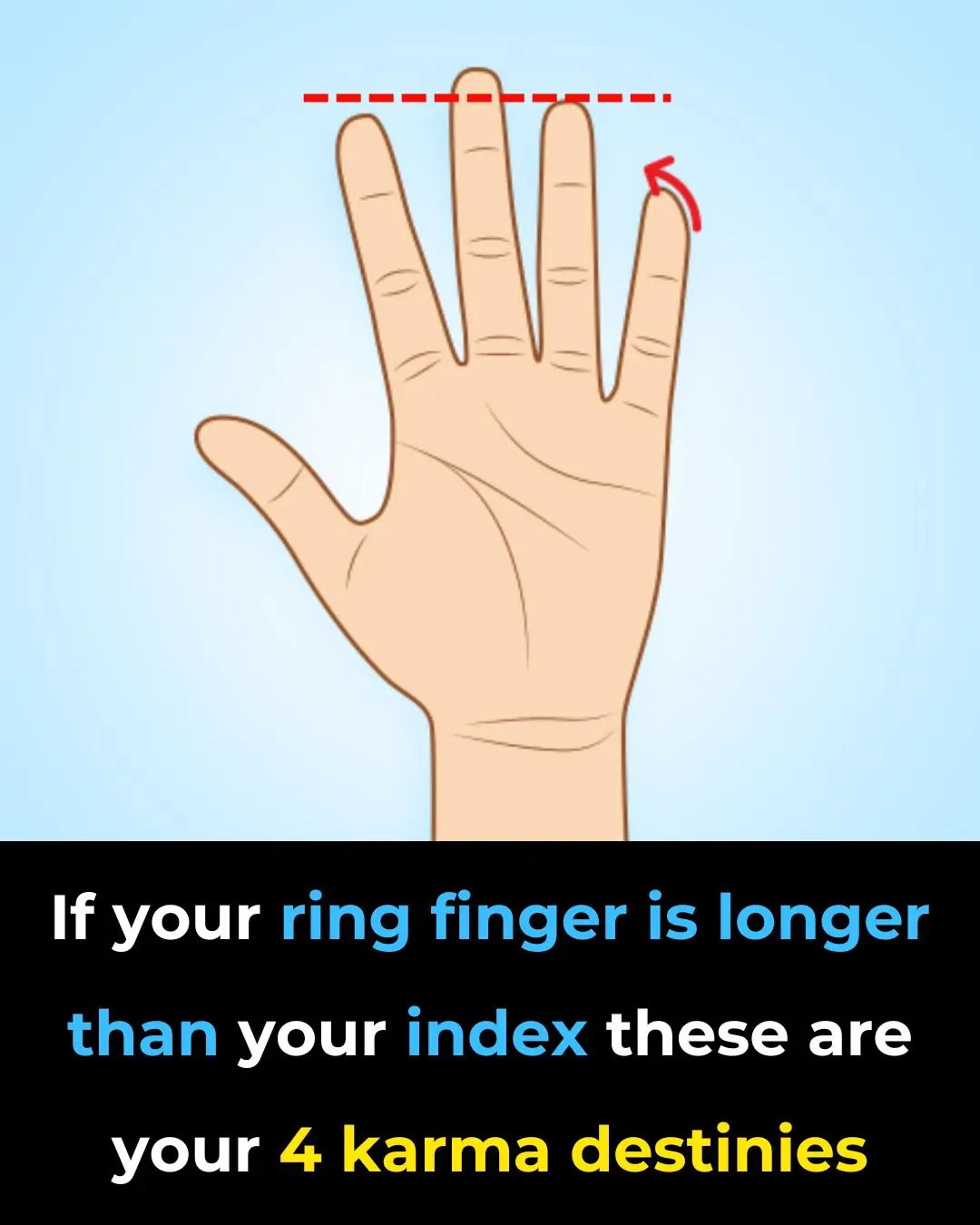
Ring Finger Longer Than An Index Finger

The Story Behind Two Runaway Graves in Savannah Airport

The Simple Object That Might Baffle the Younger Generation

Why Public Bathroom Doors Don’t Reach the Floor – The Real Reason Revealed
The gaps and inward-swinging doors are designed for practicality, serving purposes like enhancing safety and improving efficiency, rather than being the result of poor design.
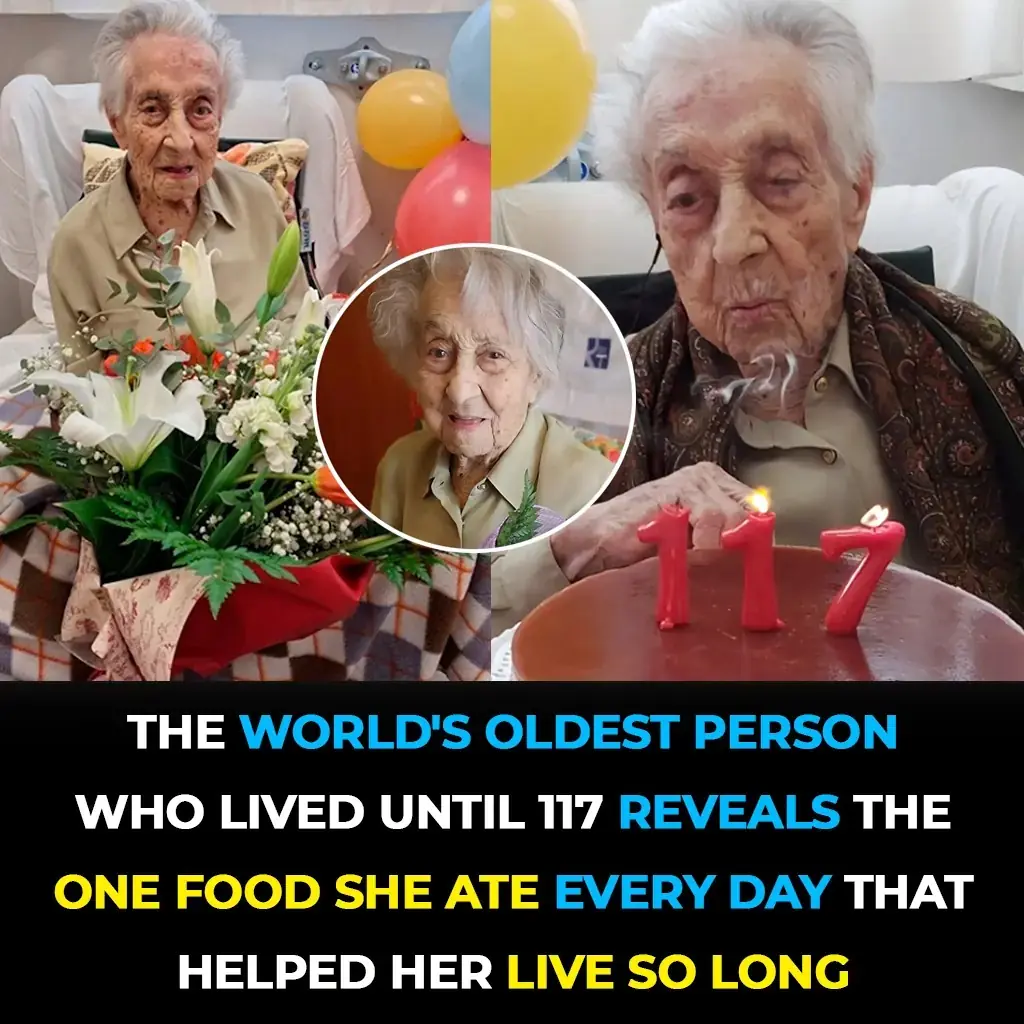
World’s Oldest Woman Lived to 117 By Eating the Same Meal Every Day
Emma Martina Luigia Morano, the world’s oldest woman at the time of her passing, credited her extraordinary 117 years of life to a mix of genetics, resilience, and one very peculiar daily diet. Her remarkable story spans two World Wars, personal tragedy

Simple T-Shirt Image Is Driving the Internet Crazy

Scientists Discover Dogs Dream About Playing With Their Owners

Rare 9/11 Footage Reveals Heartbreaking Close-Up of Second Plane Striking Tower
News Post

How to wash your hair with perilla leaf water to prevent hair loss and stimulate the growth of new hair.

Don’t soak frozen meat in cold water. Follow the chef’s method to defrost it in 5 minutes, and the meat will still taste great.

How to store chili peppers for months, keeping them as fresh as if they were just picked, with firm, plump flesh that doesn't dry out or lose flavor.

3 powerful vegetables everyone overlooks (but shouldn’t!)
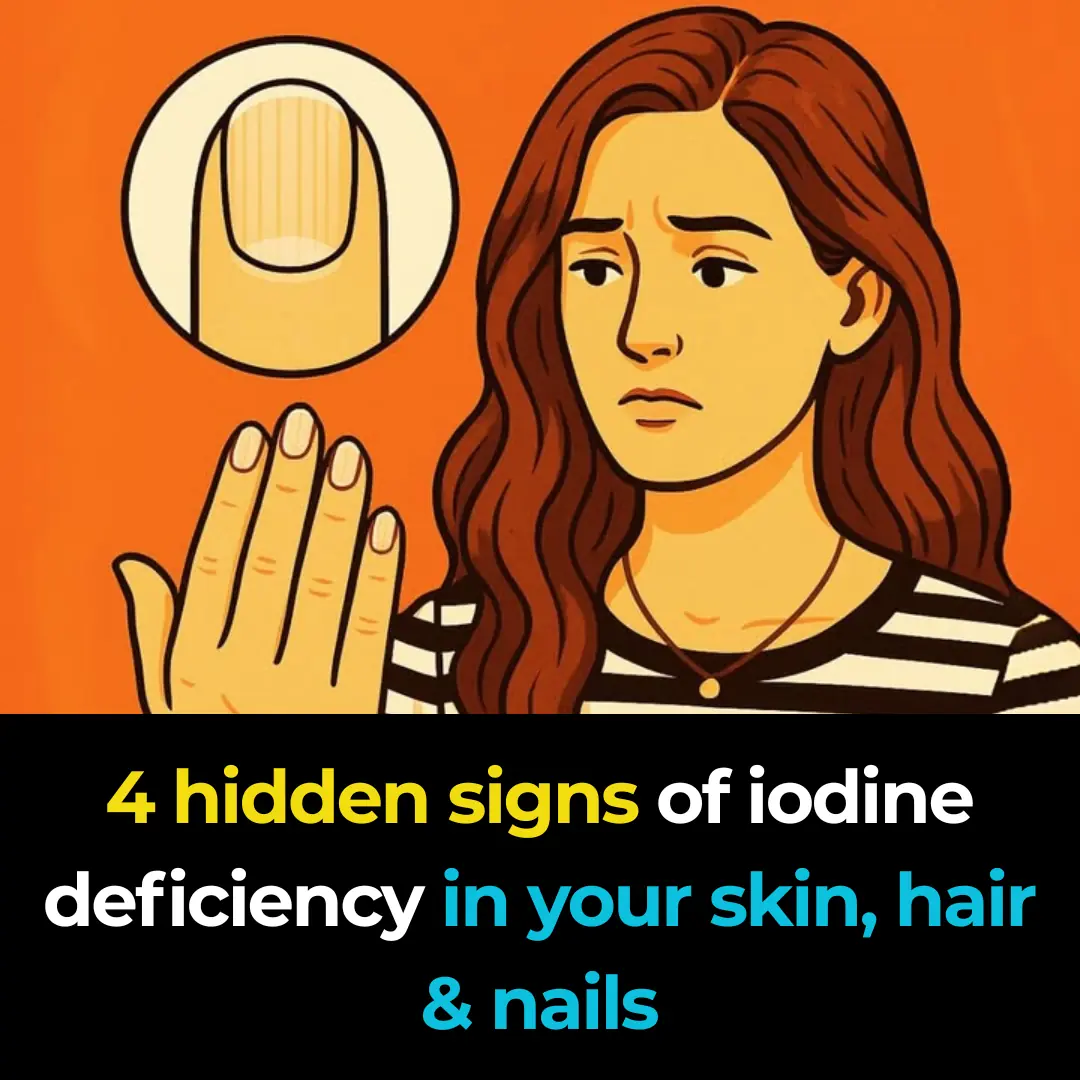
4 hidden signs of iodine deficiency in your skin, hair & nails

The Most Effective Natural Way to Remove Gallstones

Mugwort Plant: Benefits, Properties, and Uses

Purslane: The Superfood That Tastes Better Than Meat – 7 Reasons to Grow It in Your Garden
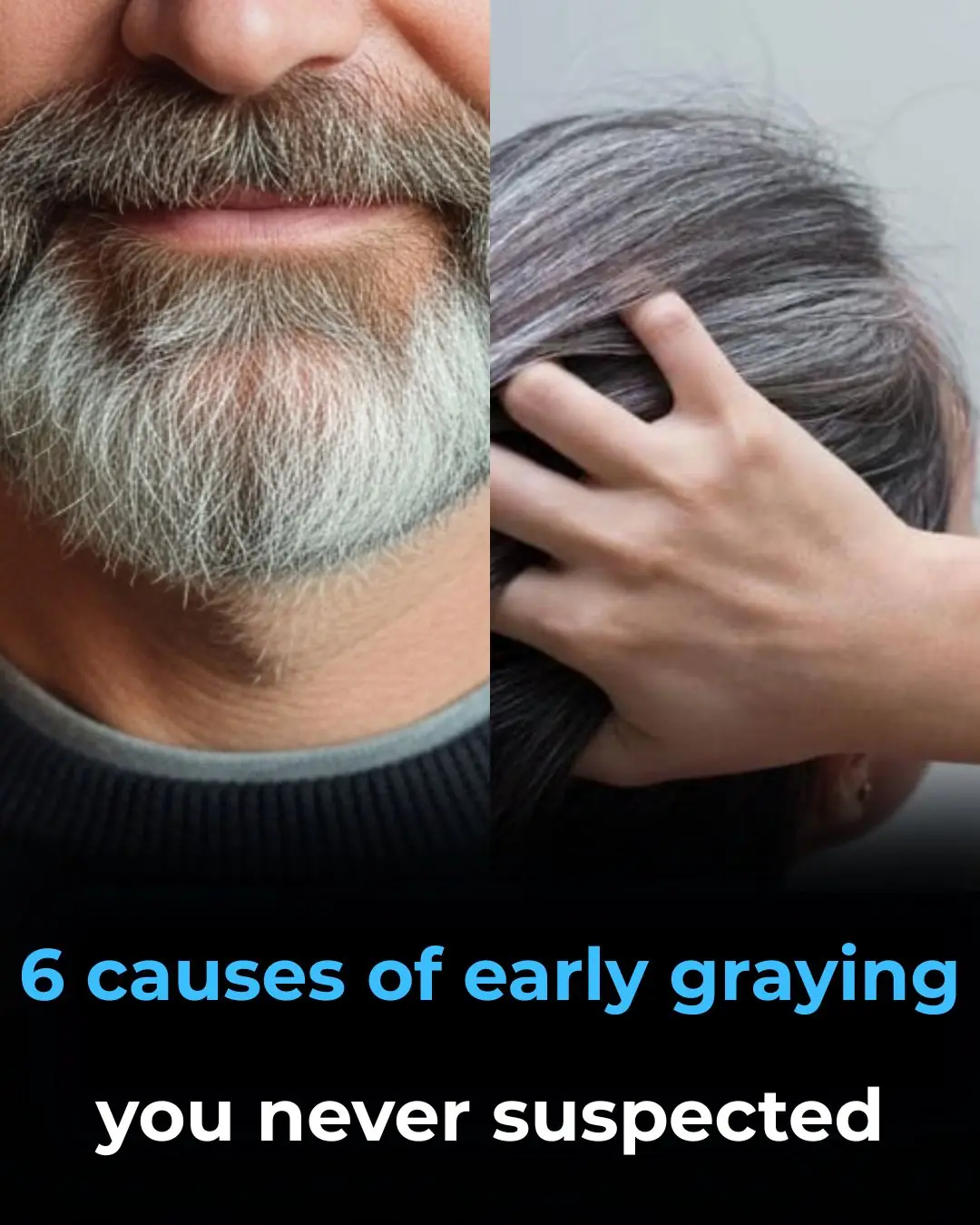
Causes of Early Graying You Never Suspected

That Persistent Scalp Itch

Steps to Take When Your Adult Children No Longer Show Respect

That Random Stabbing Pain in Your Chest Has Finally Been Explained

The Dirty Secret About Toilet Paper on Public Seats

If You Have These Two "Dimples" on Your Lower Back, Here's What They Mean

How to Save Electricity: Immediately Put a Roll of Toilet Paper into Your Refrigerator – An Amazing Trick That Also Saves You Money

When Your Non-Stick Pan Loses Its Coating, Don’t Throw It Away: Try This Method to Fry Without Food Sticking or Breaking

Simple and Effective Tips to Repel Rats Using Leftover Rice — Anyone Can Do It at Home

🌿 Oregano: Nature’s Small but Mighty Healer
